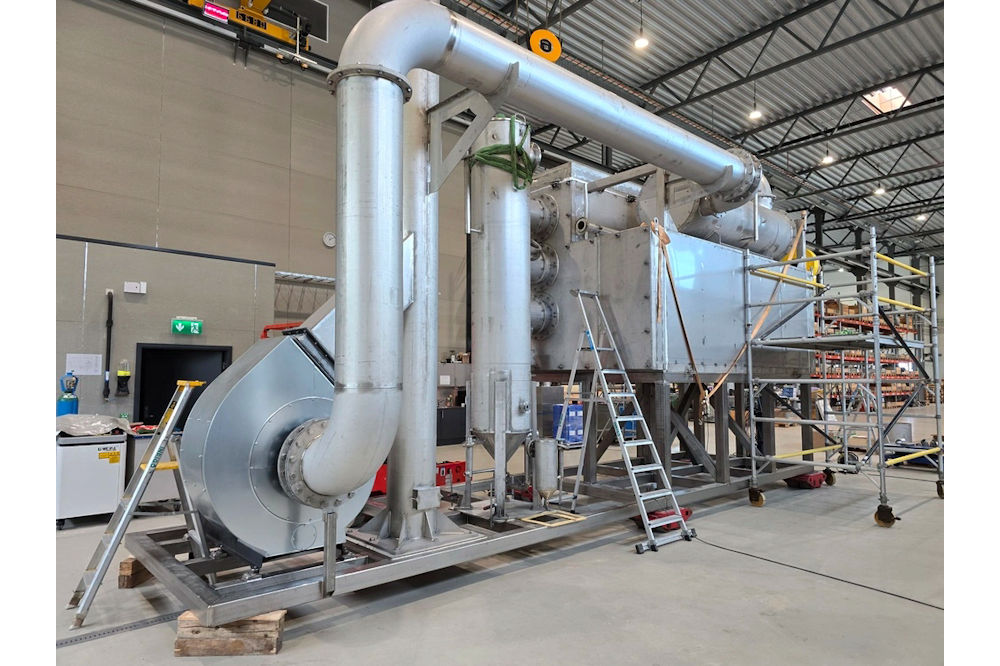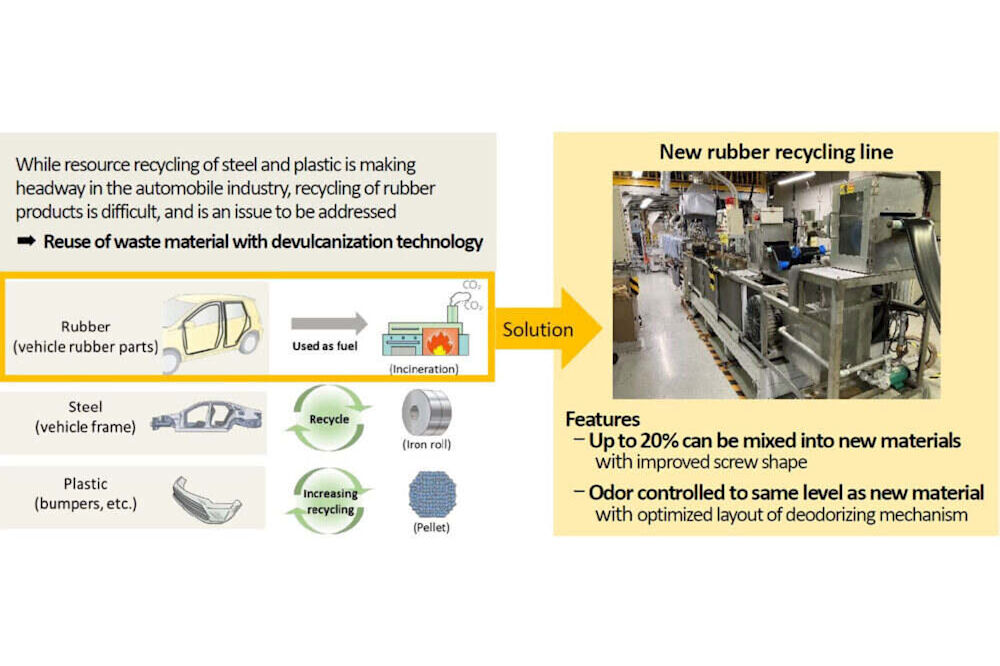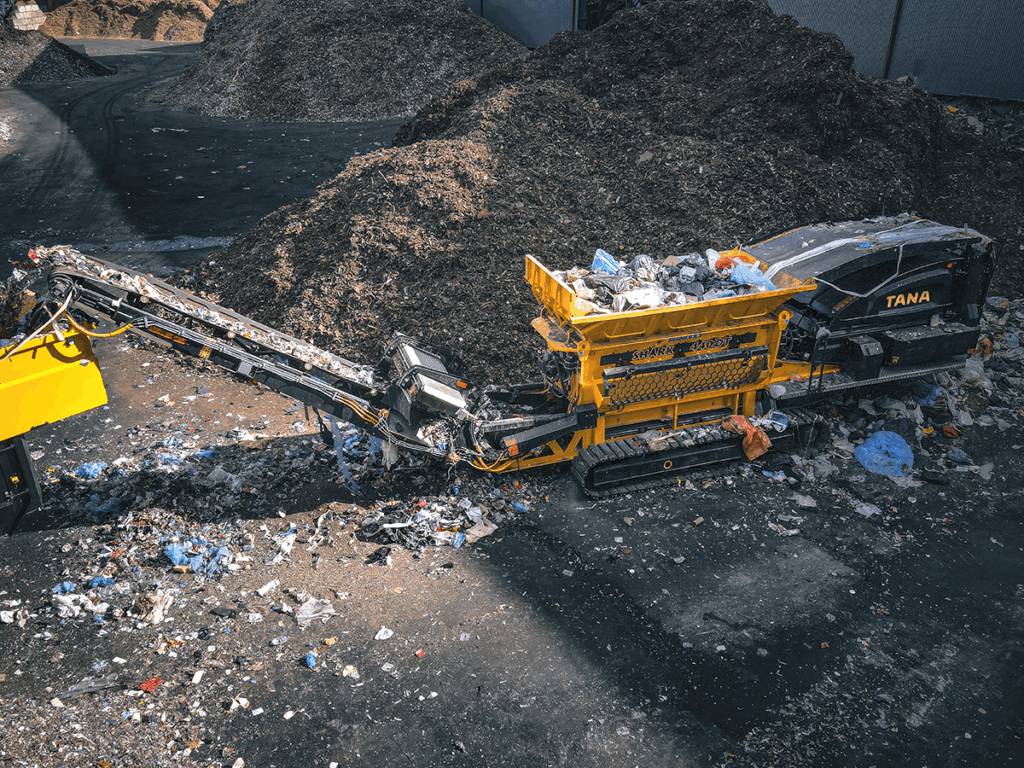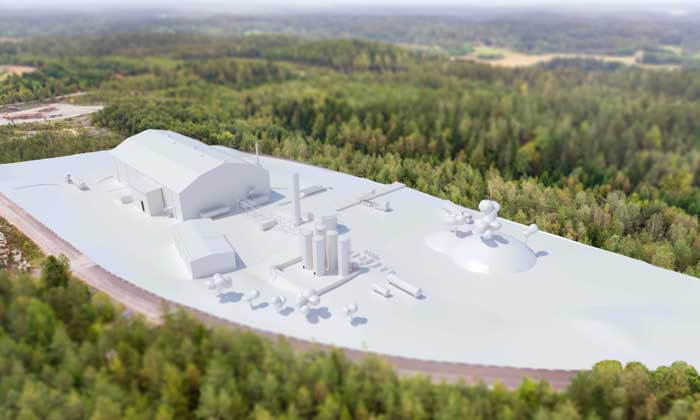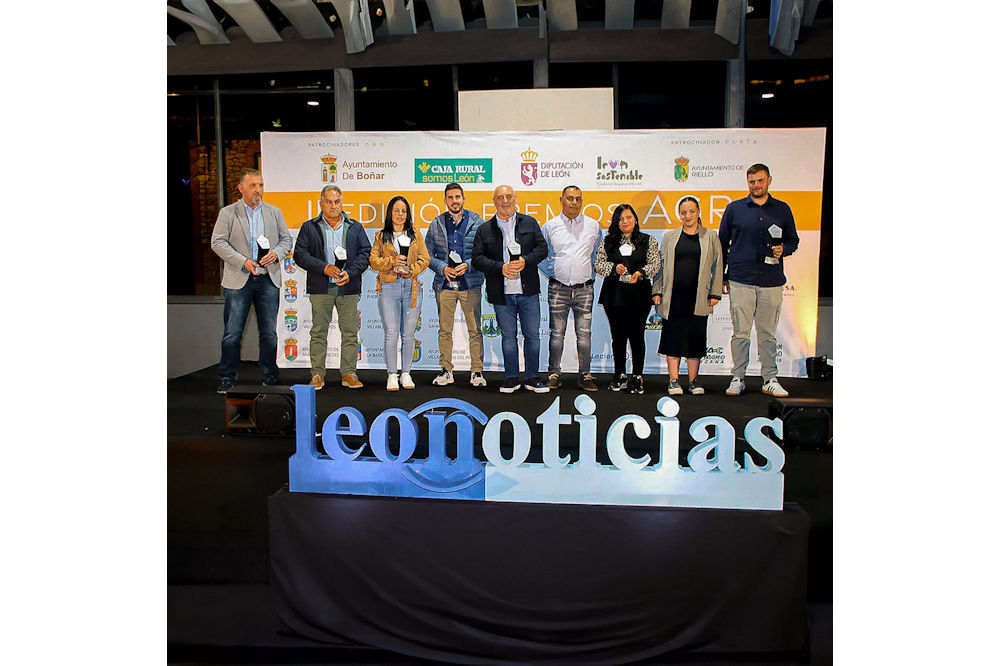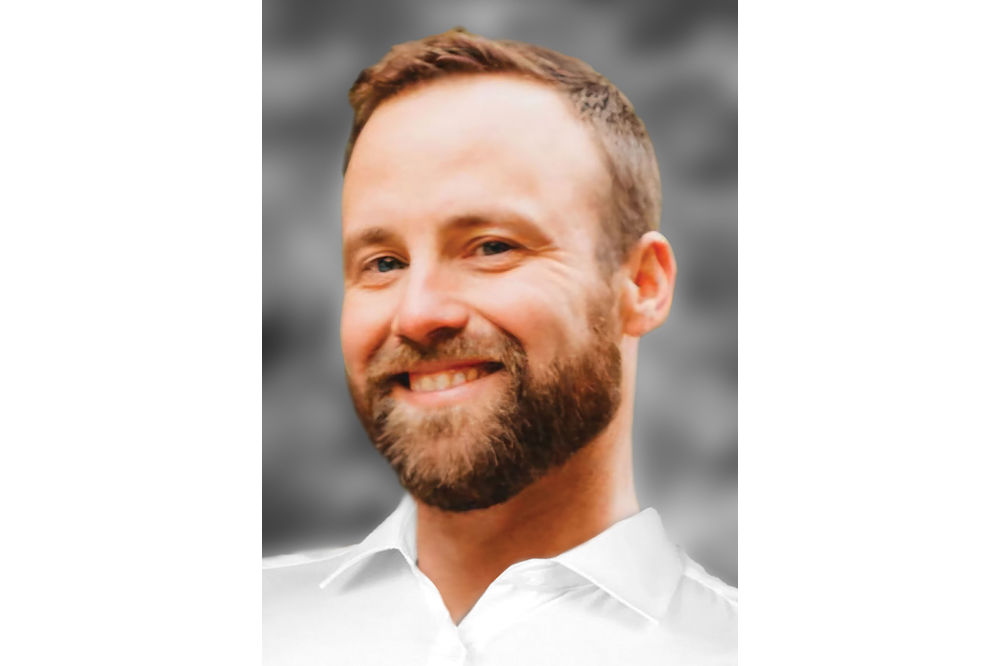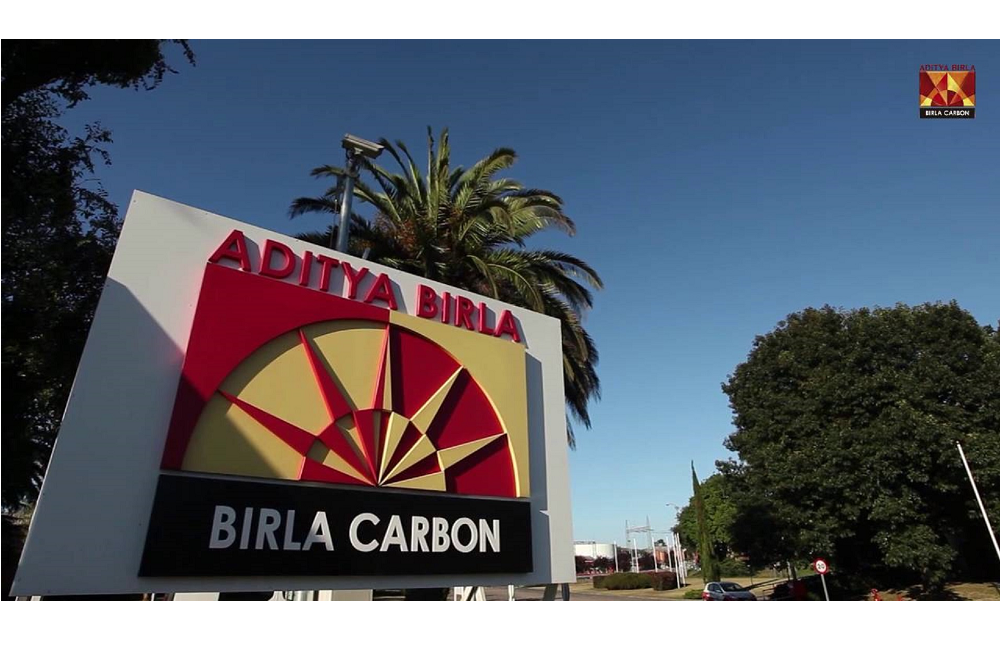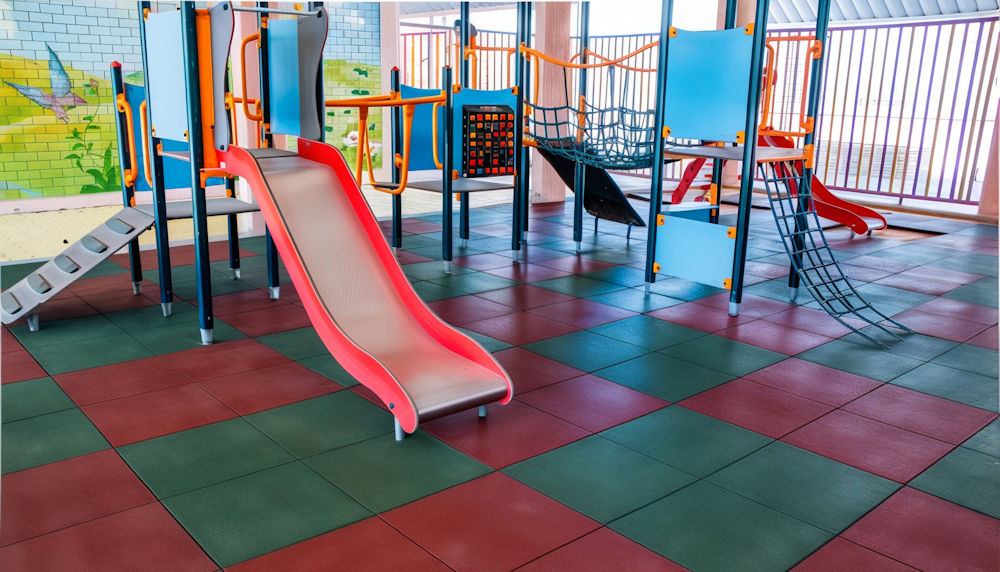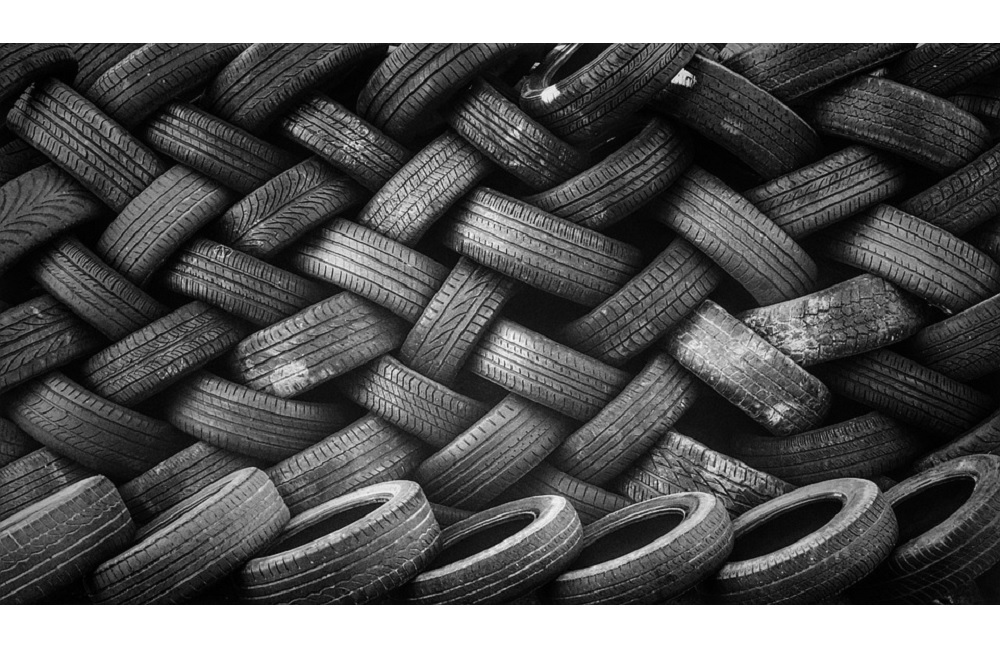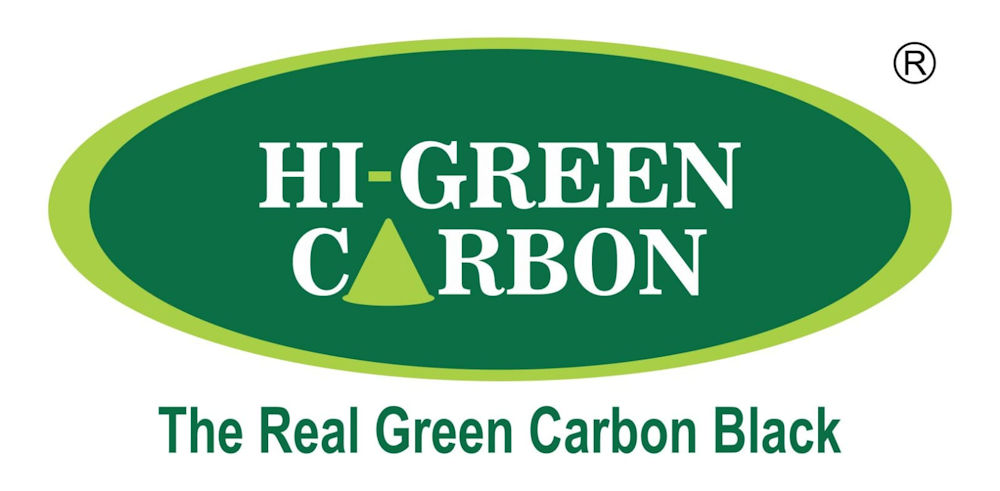Ragn-Sells and technology developer Inrigo are mutually investing in technology capable of recovering raw materials from rubber in worn-out tyres
“If we are serious about building a sustainable society, we must use the resources we have already extracted, over and over again. In this case, we are developing advanced technology with the aim to enable tyre manufacturers to replace virgin oil with recycled raw materials, said Pål Hansen”, CEO at Ragn-Sells Dekkgjenvinning AS.
Pyrolysis technology makes it possible to break down tyre rubber into reusable raw materials. This way, old tyres can replace fossil alternatives in manufacturing as well as the climate-intensive practice of incinerating disused tyres. The raw materials extracted can also be used in, for example, asphalt; an application with similar effects of mitigating emissions which is also suitable for lower quality products.
“Ragn-Sells has committed to providing circular solutions ensuring that a minimum of two million tonnes of carbon dioxide emissions is prevented as early as 2030. Putting recycled resources from worn-out tyres back on the market is an important step toward this goal”, said Hansen.
Every year, around 140,000 tonnes of tyres no longer in use are collected in Sweden and Norway. Today, they are typically incinerated to provide energy for cement production. For this reason, investing more in pyrolysis technology has the potential to save large emissions.
“Only together with our partners can we create the best circular solutions. The collaboration with Inrigo will enable us to make use of waste in a sector where material recycling has previously been a challenge”, added Hansen.
The Ragn-Sells and Inrigo collaboration is currently at a pilot stage and will gradually be scaled up in the next year. The project has received a grant from Innovasjon Norge, Norway’s governmental programme for supporting sustainable growth and innovation.
Footnote: This Norwegian government support comes at a time when similar projects in the UK are struggling to find that support

